September 12, 2001
Remembering the day after 9/11

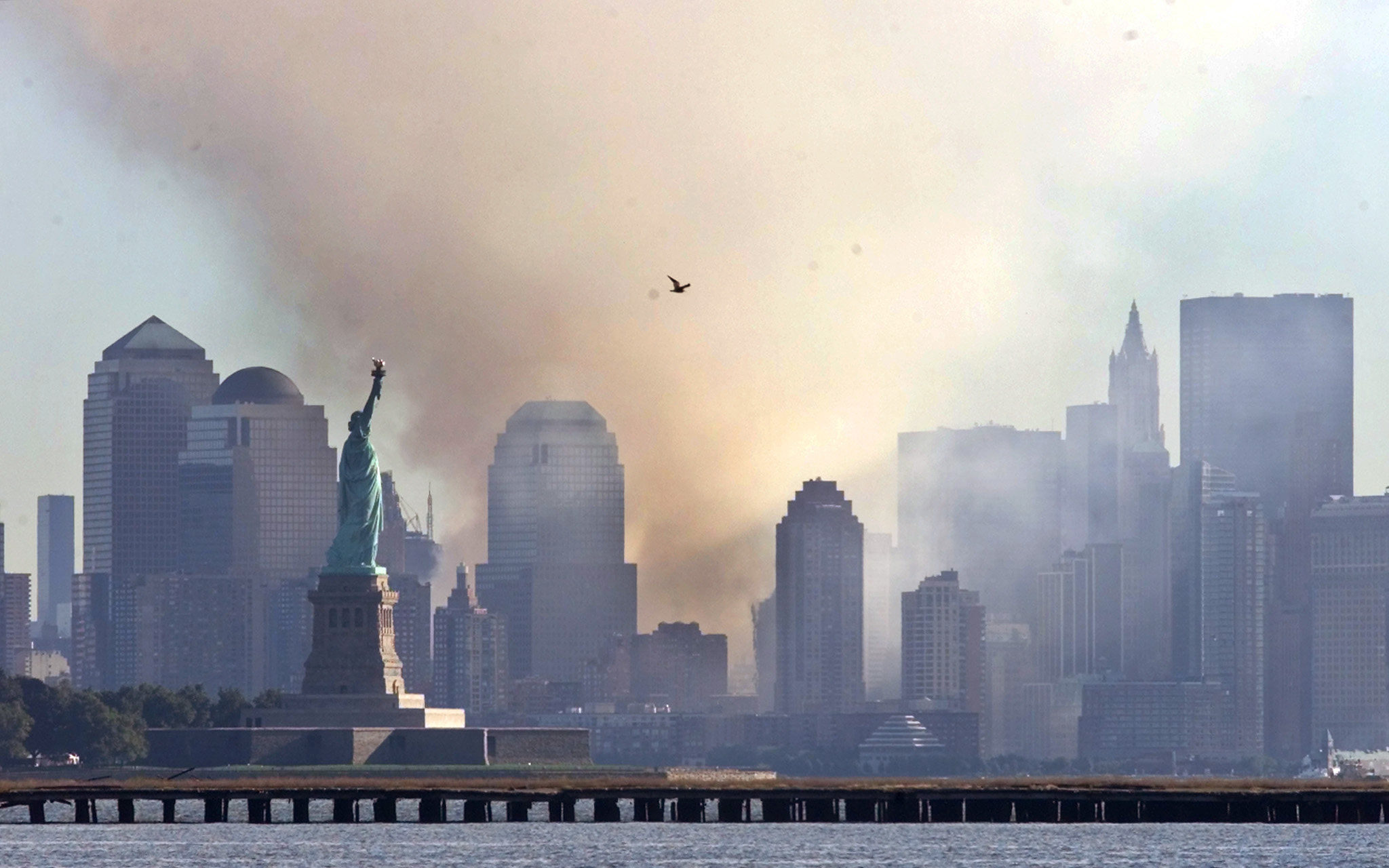
A free daily email with the biggest news stories of the day – and the best features from TheWeek.com
You are now subscribed
Your newsletter sign-up was successful
Sixteen years have passed since the devastating attacks of September 11, 2001. And while most of us remember with unsettling clarity where we were when we heard that hijacked planes had crashed into the World Trade Center (and later, the Pentagon and a Pennsylvania field), killing nearly 3,000 people, it might be the next day — September 12, 2001 — that actually marked the beginning of a new era, one in which full-body scans at the airport, color-coded threat levels, slow-burn wars that never really end, and an undercurrent of fear running beneath the mundanity of life became the norm.
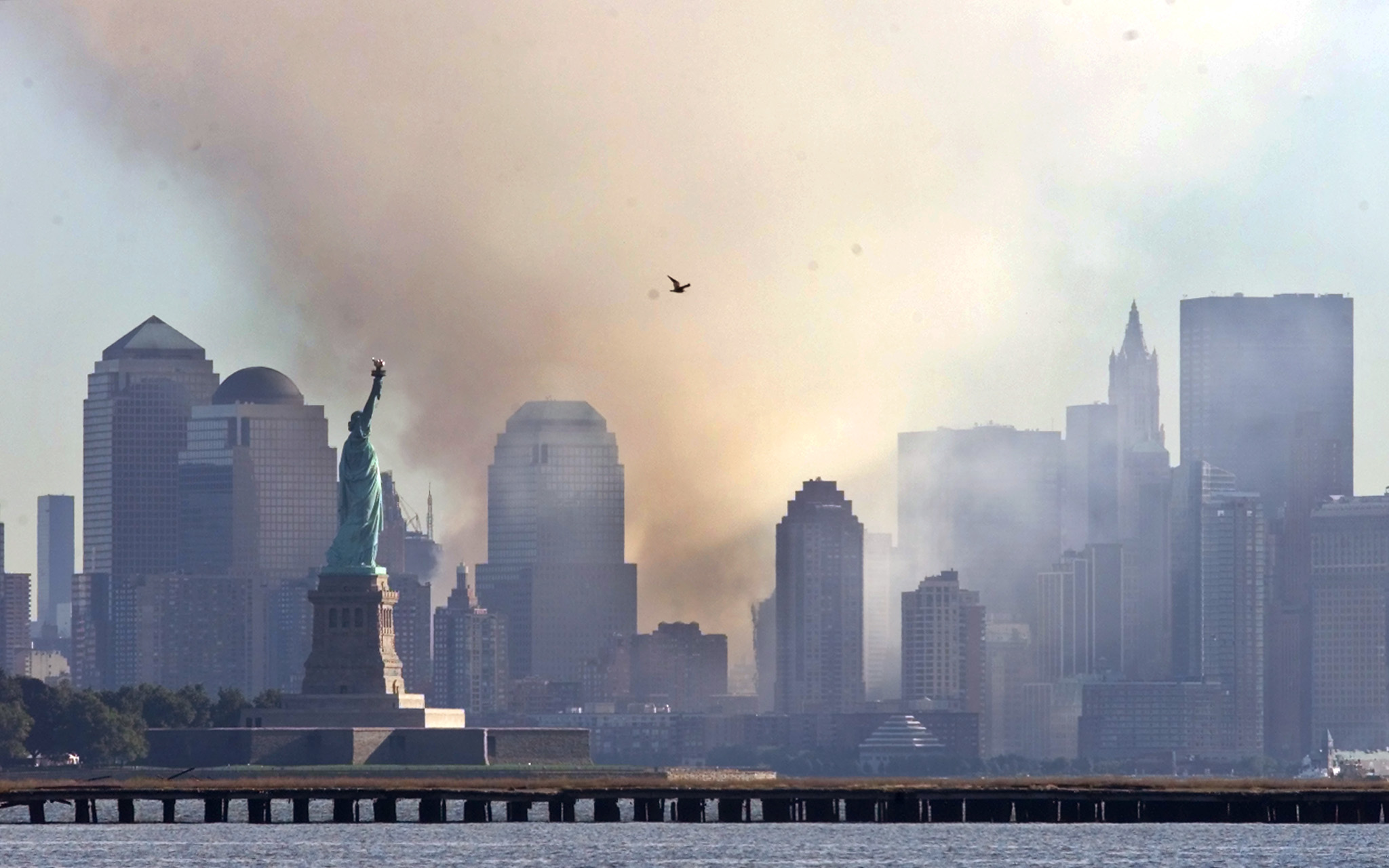
But, of course, we didn't know that then. On September 12, many Americans felt trapped in a confused and shocking state of limbo. School was canceled. Few people went to work. We were stuck. Some literally, as planes were grounded, subways and trains running minimally if not canceled altogether, and many streets clogged with vehicles. Others emotionally, trapped between grief, shock, fear, and anger.
Below, a look back at September 12, 2001 — the day after the tragedy.
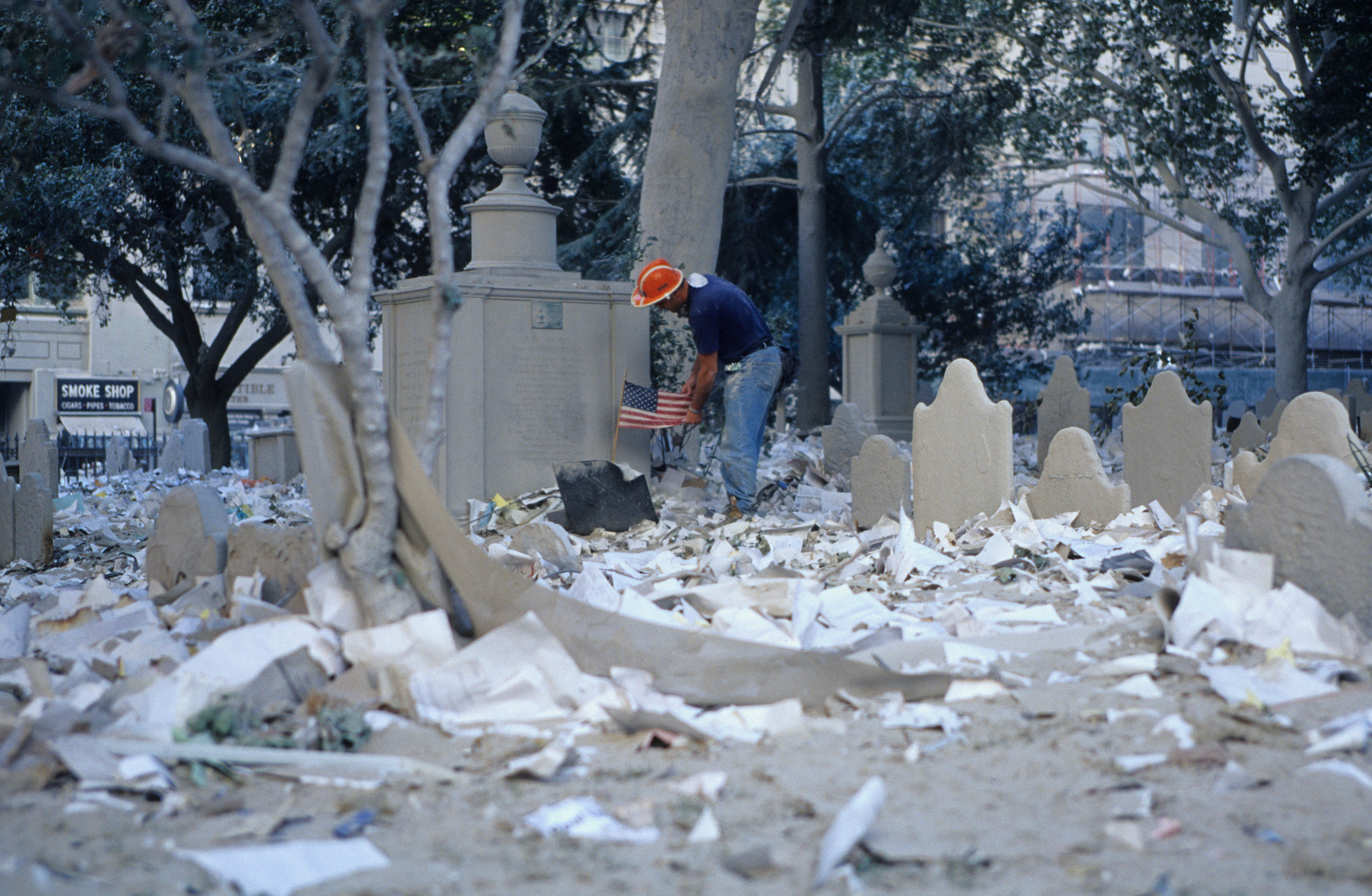
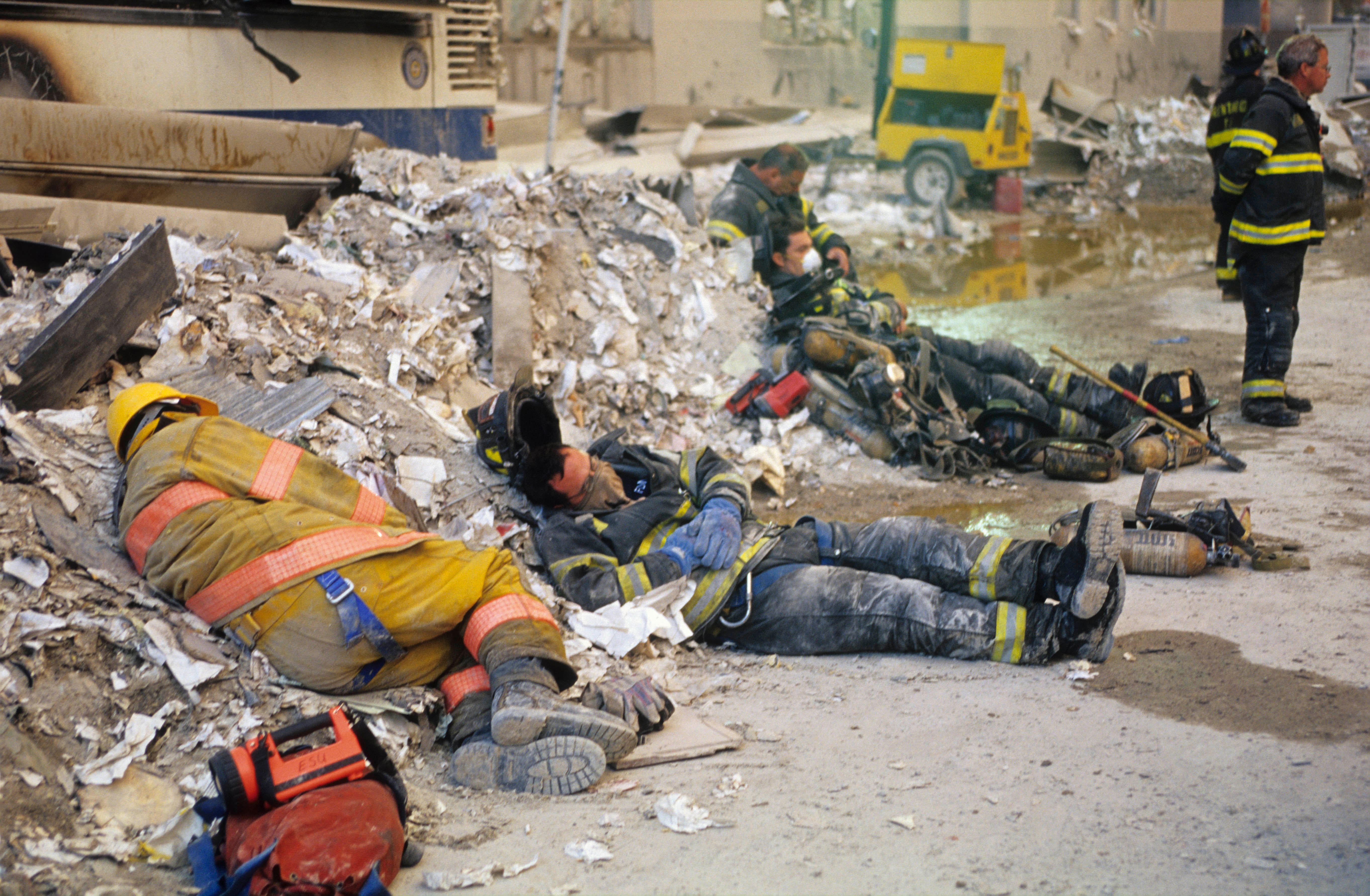
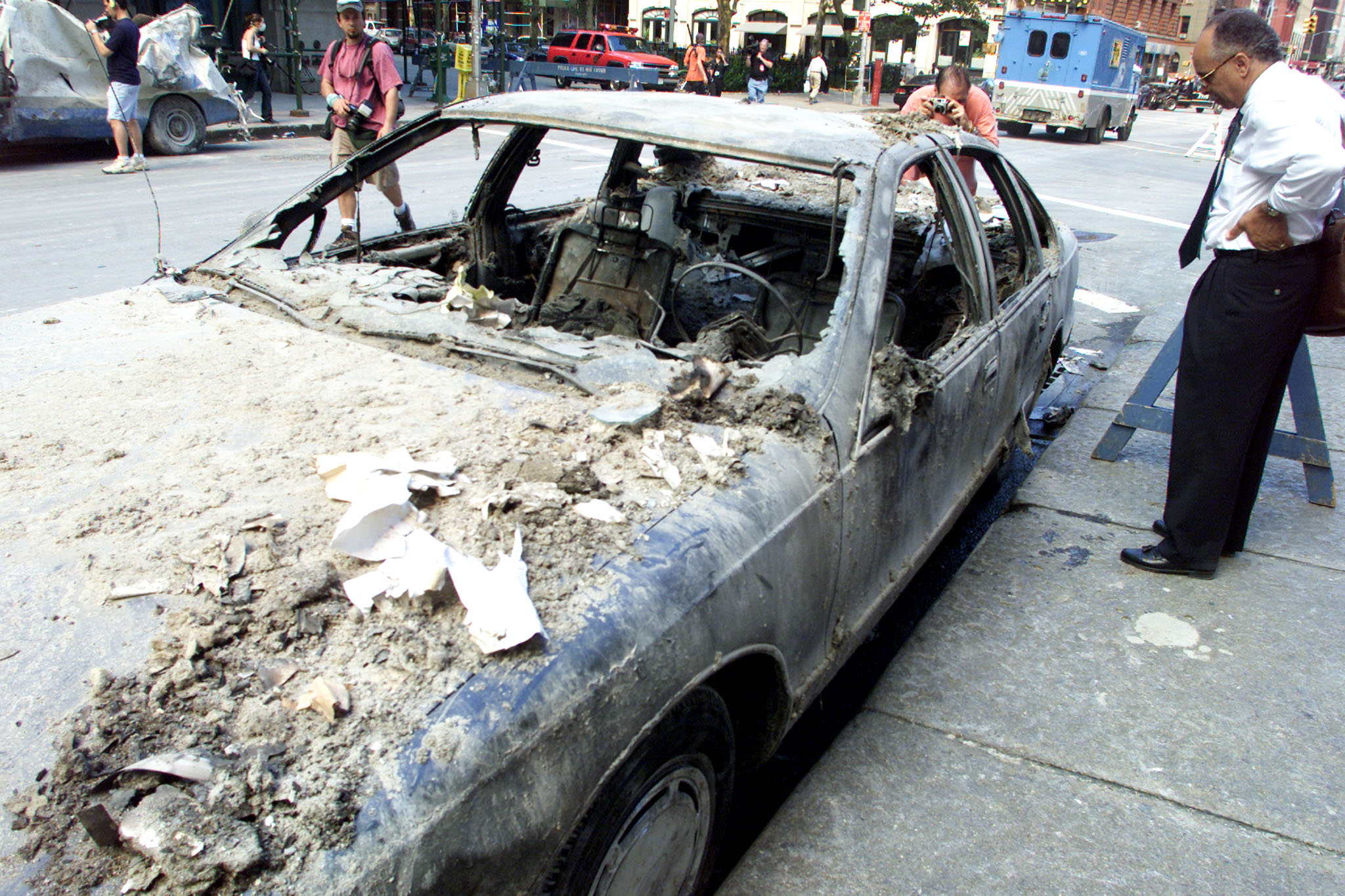
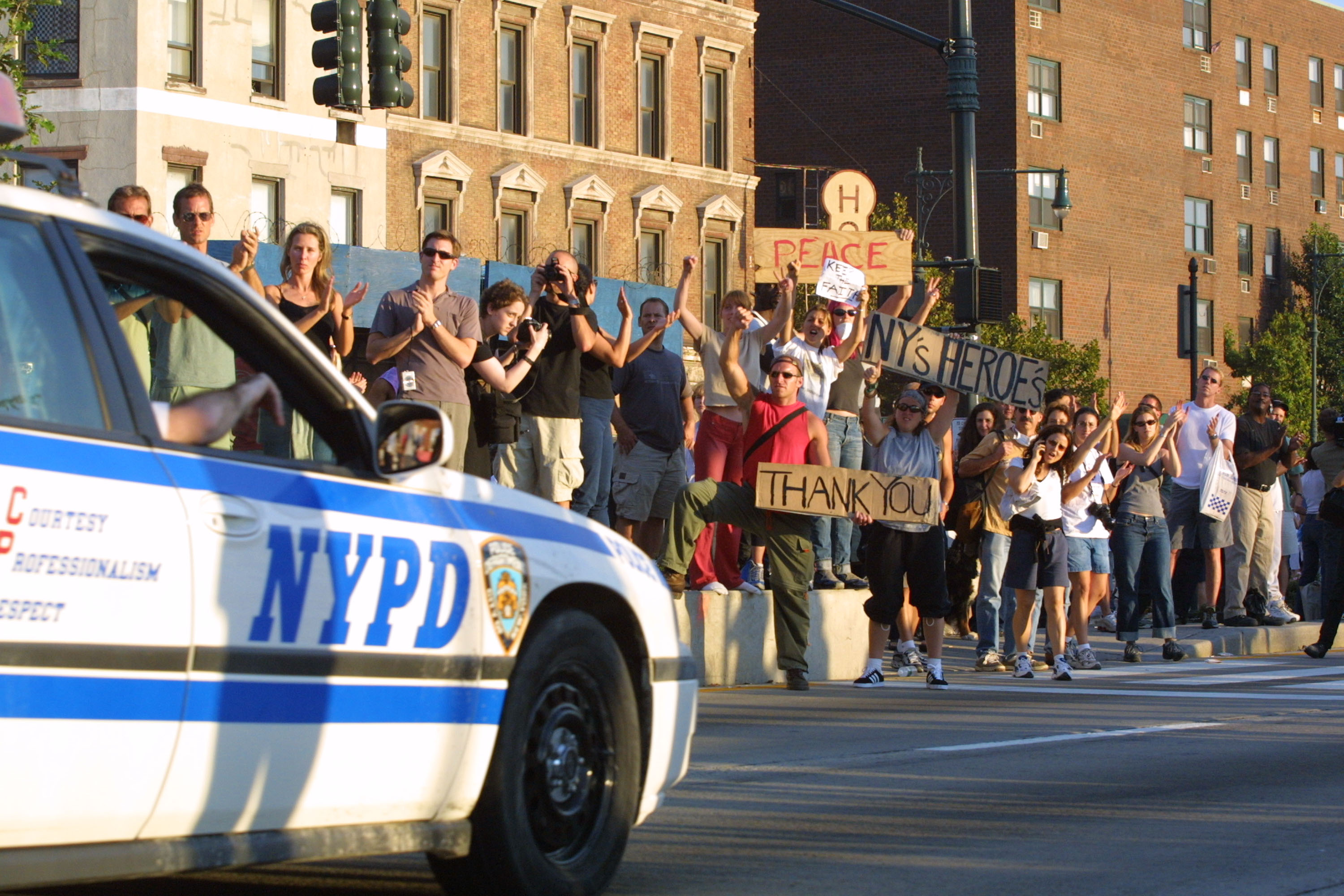
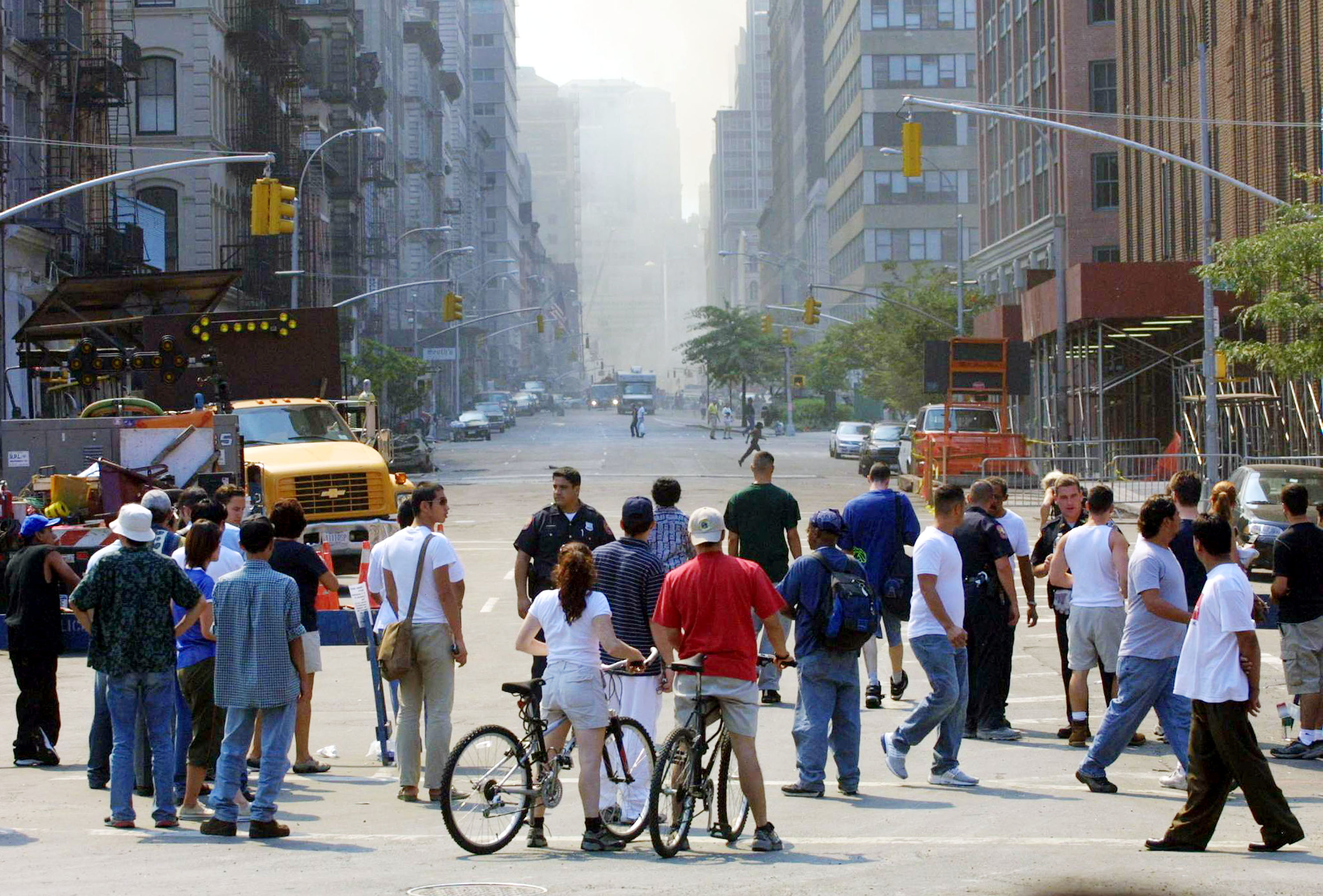
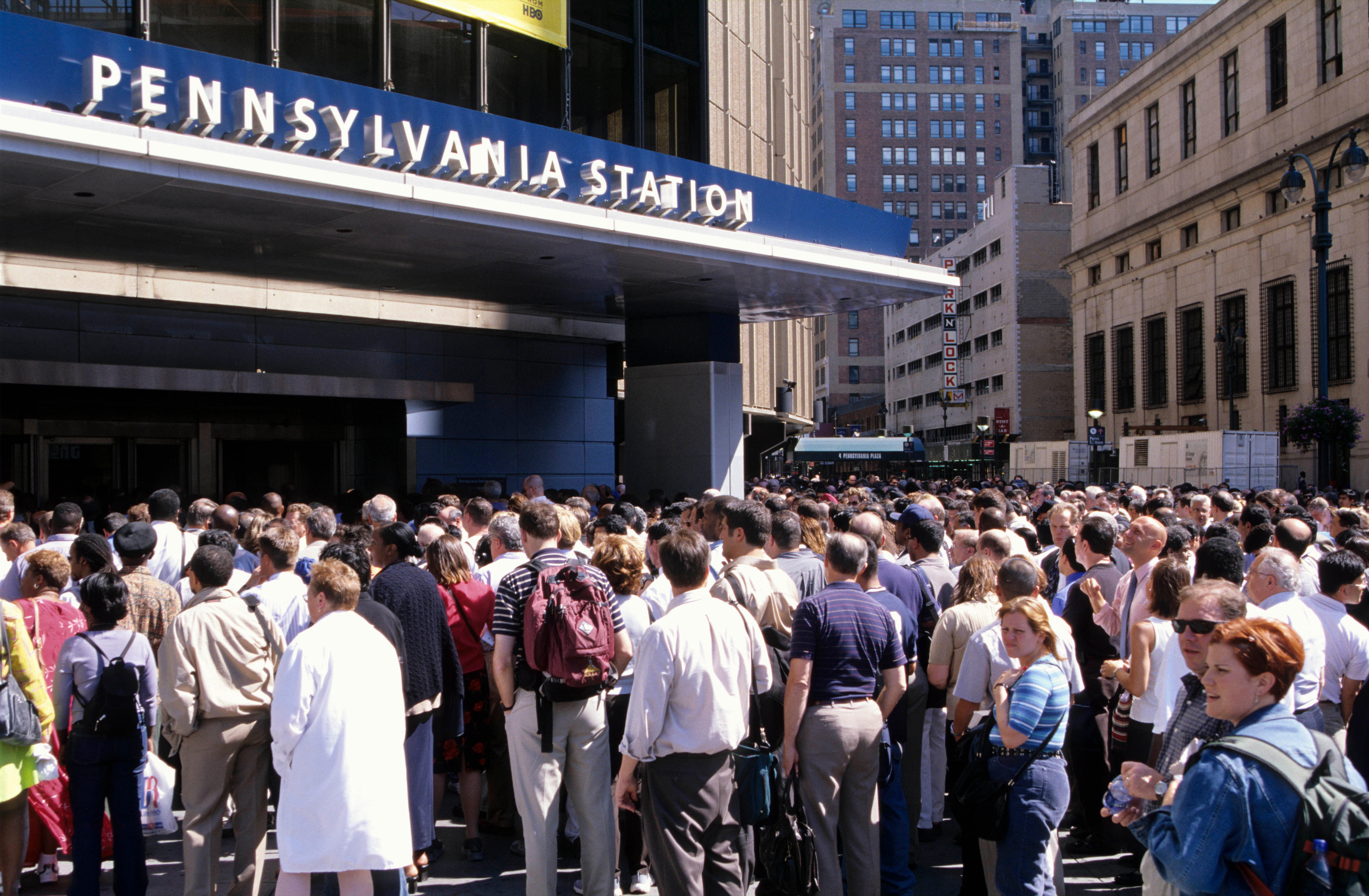
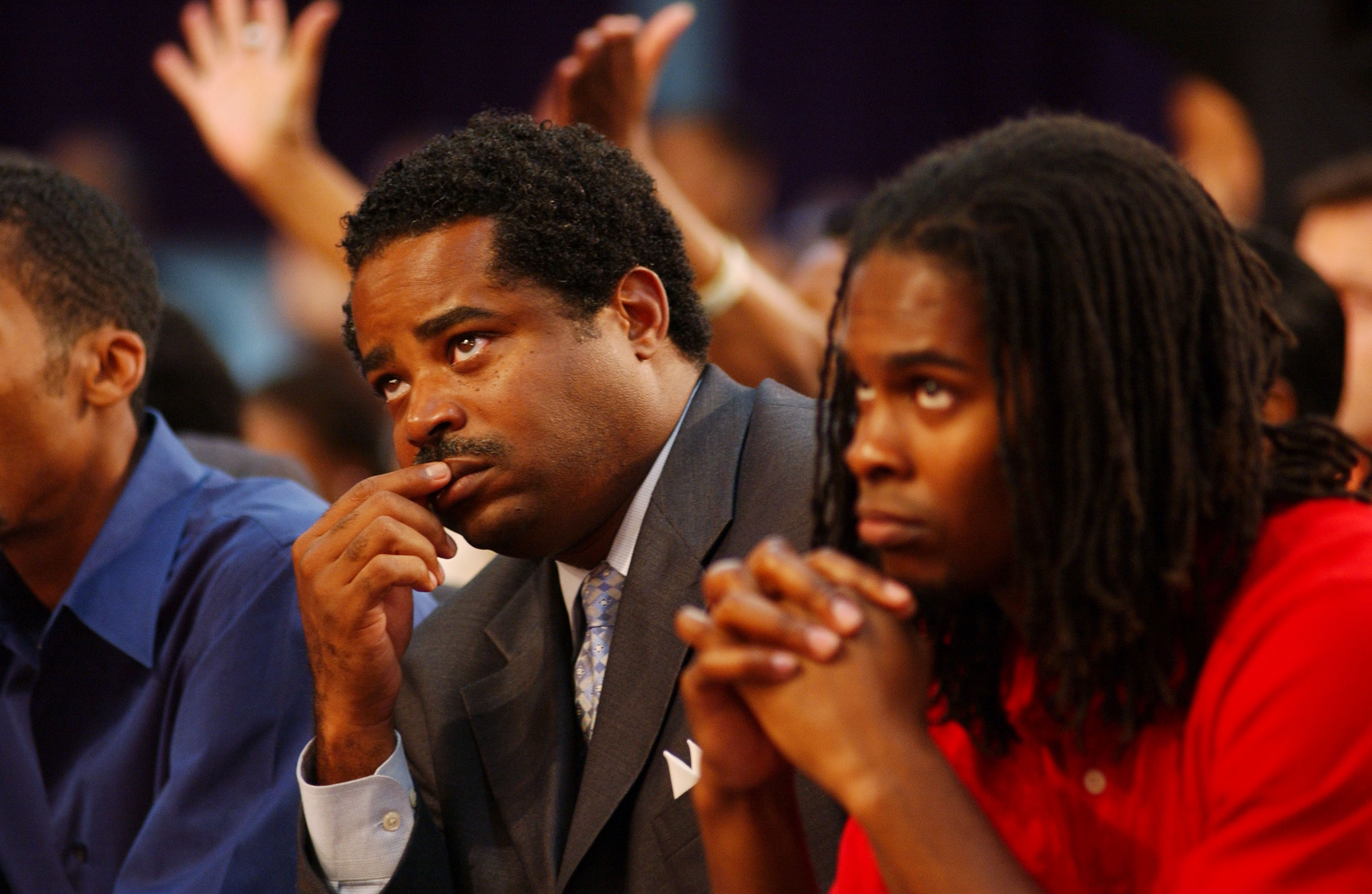
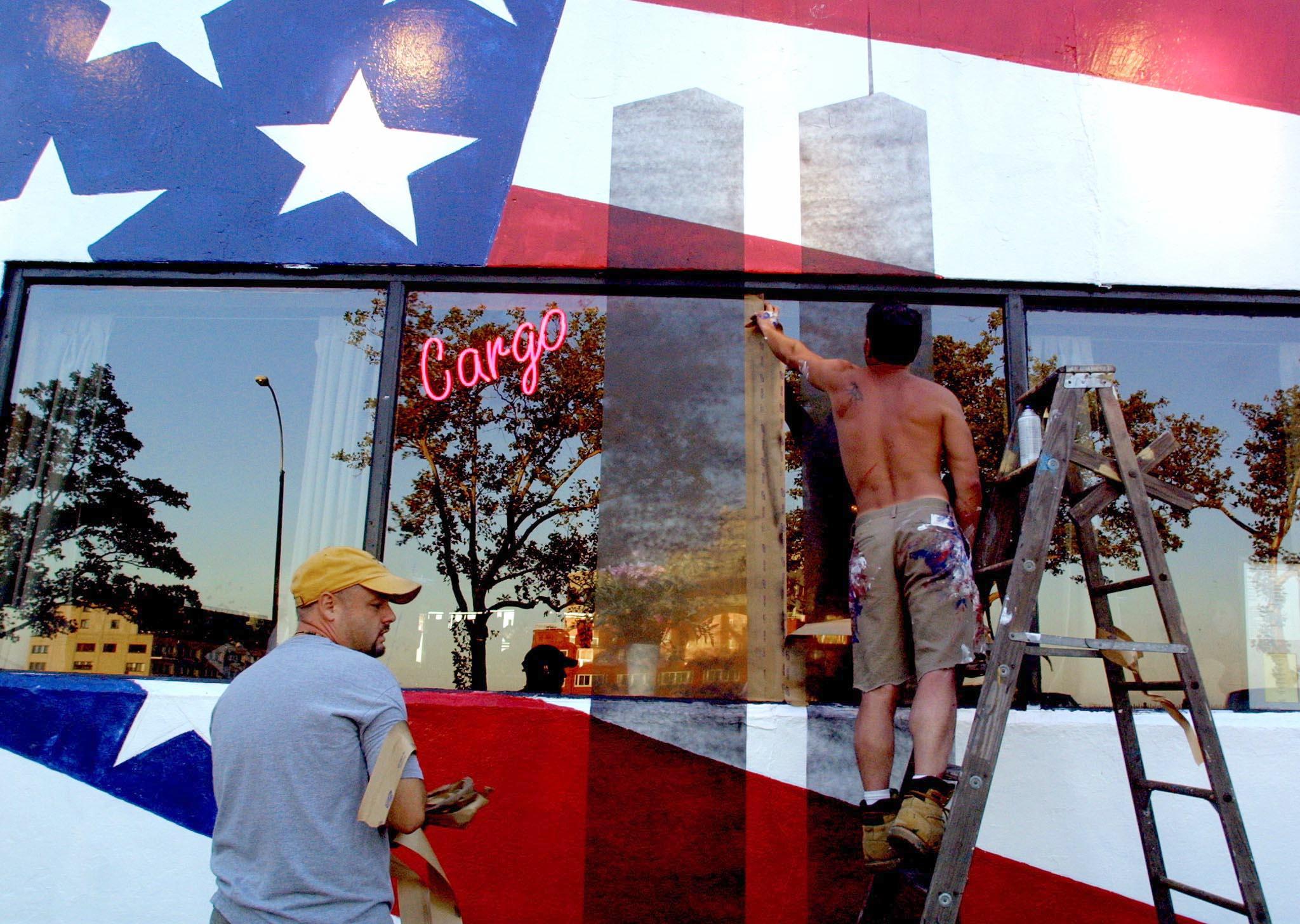
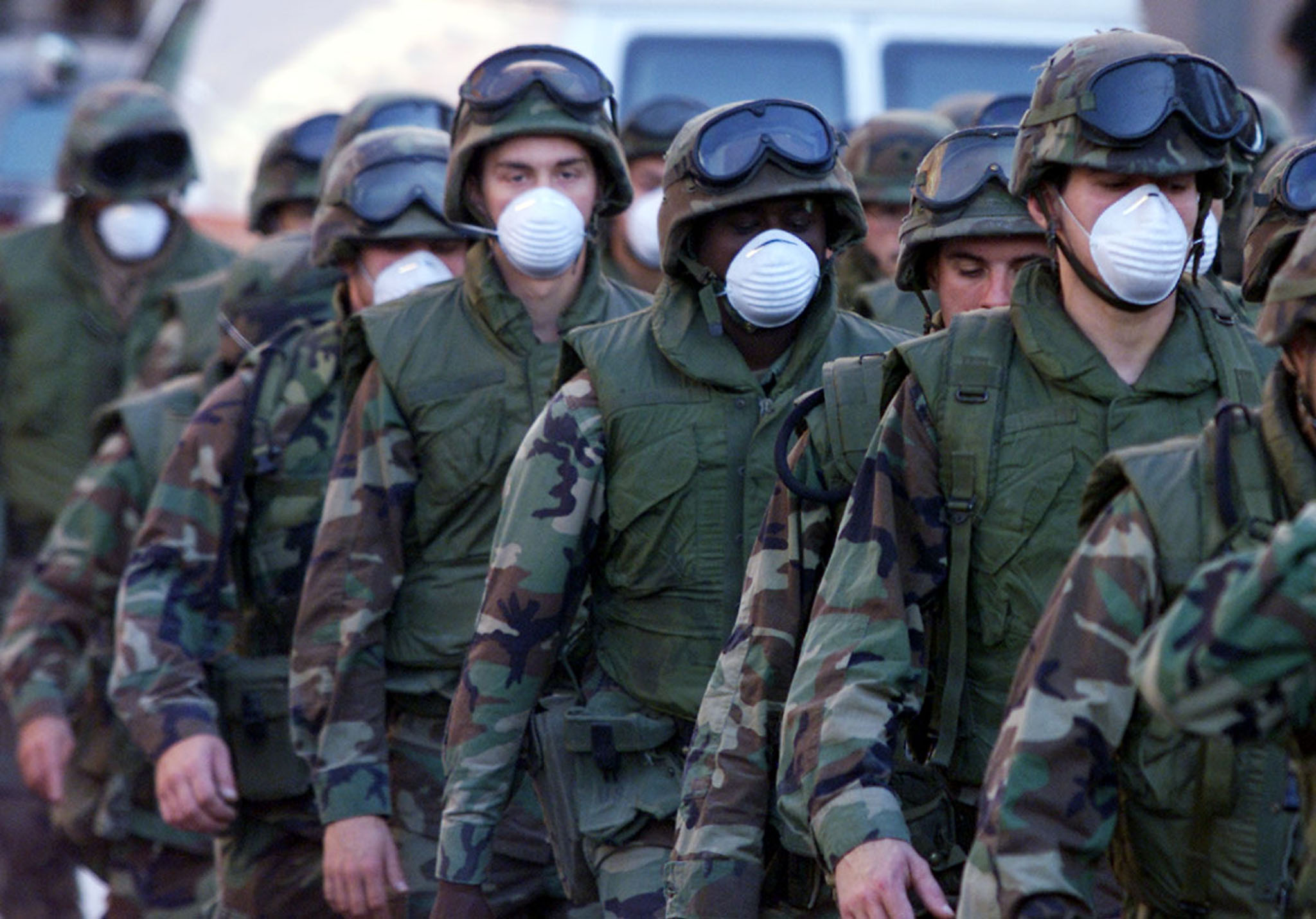
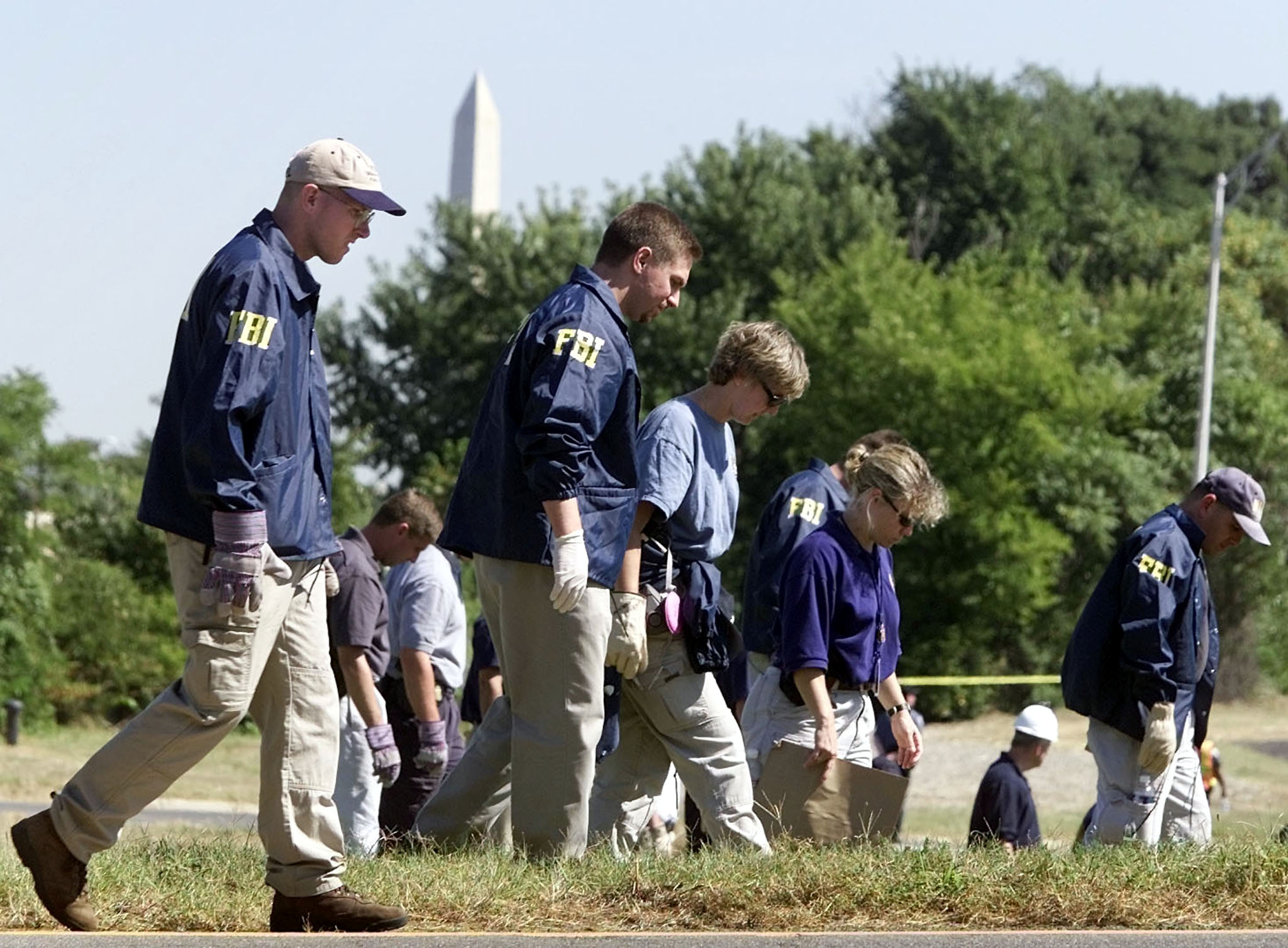
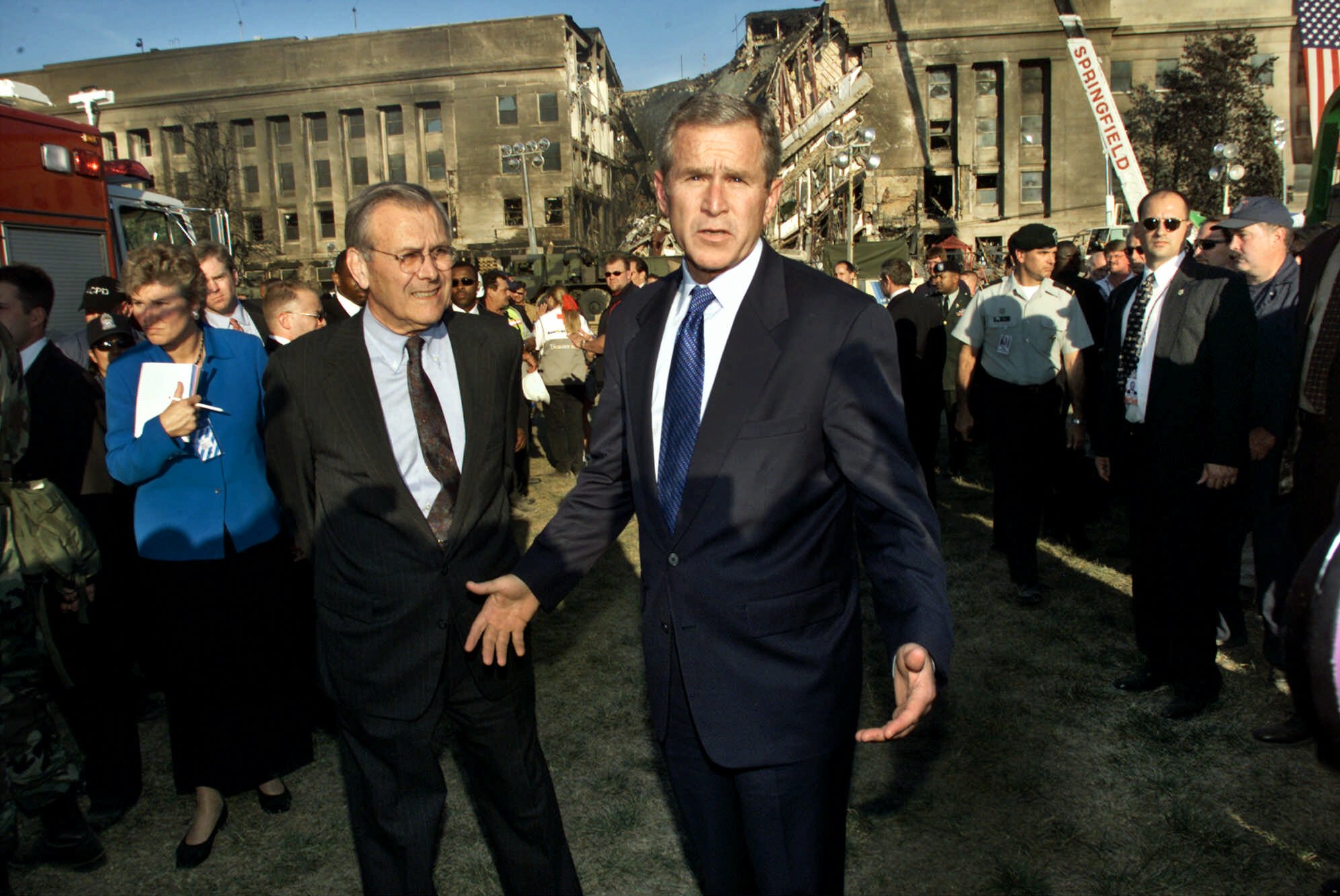
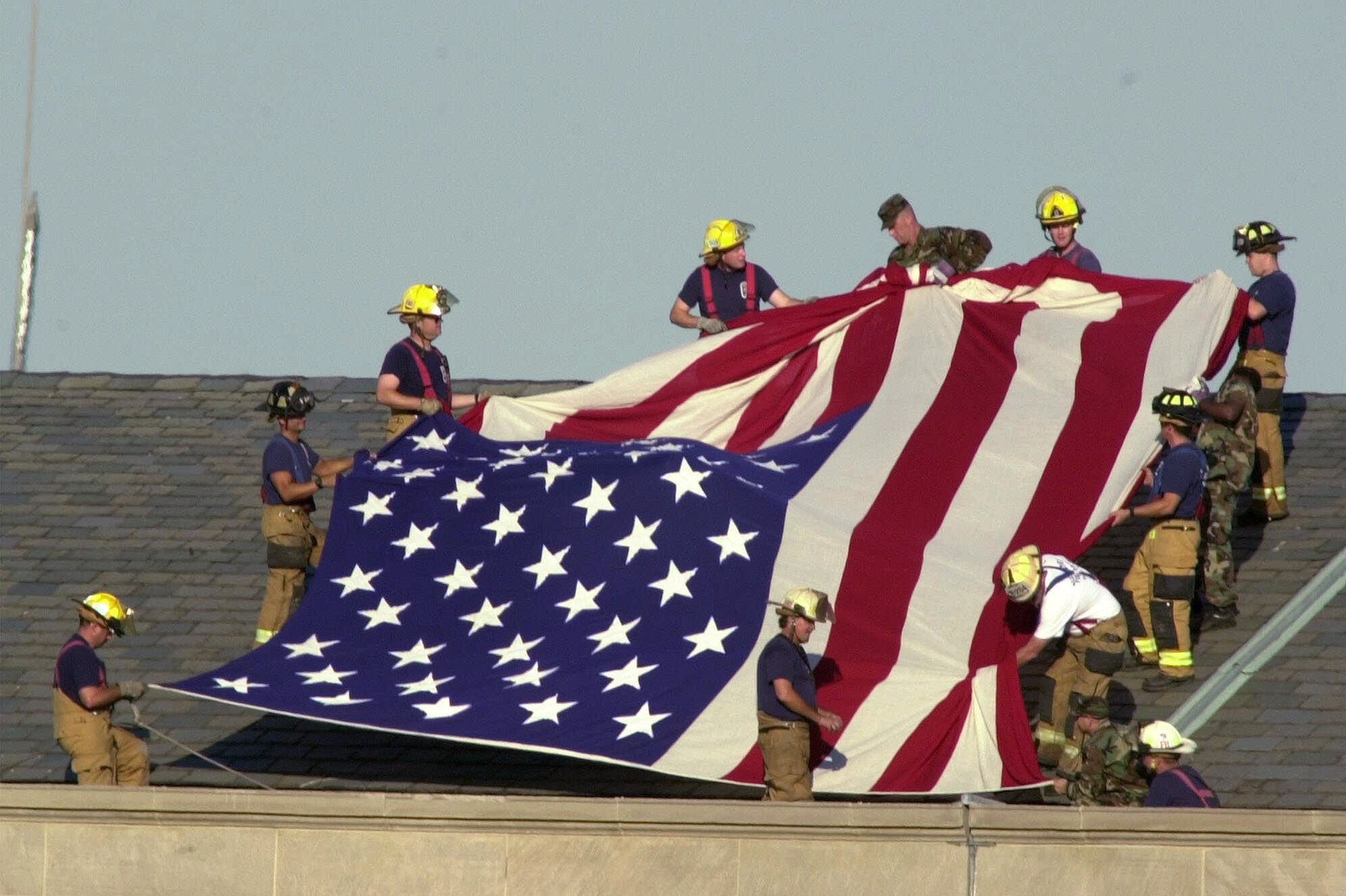
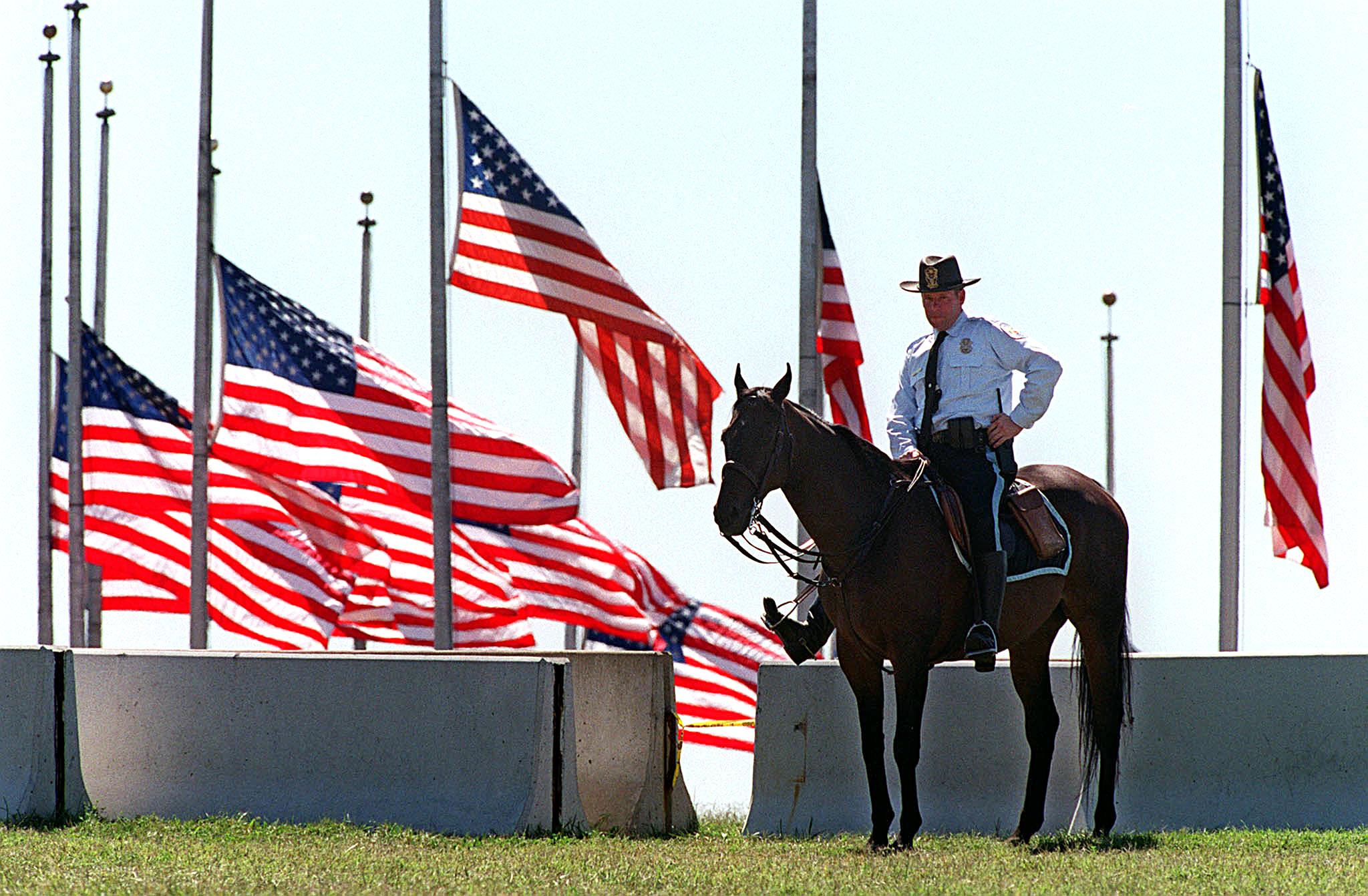
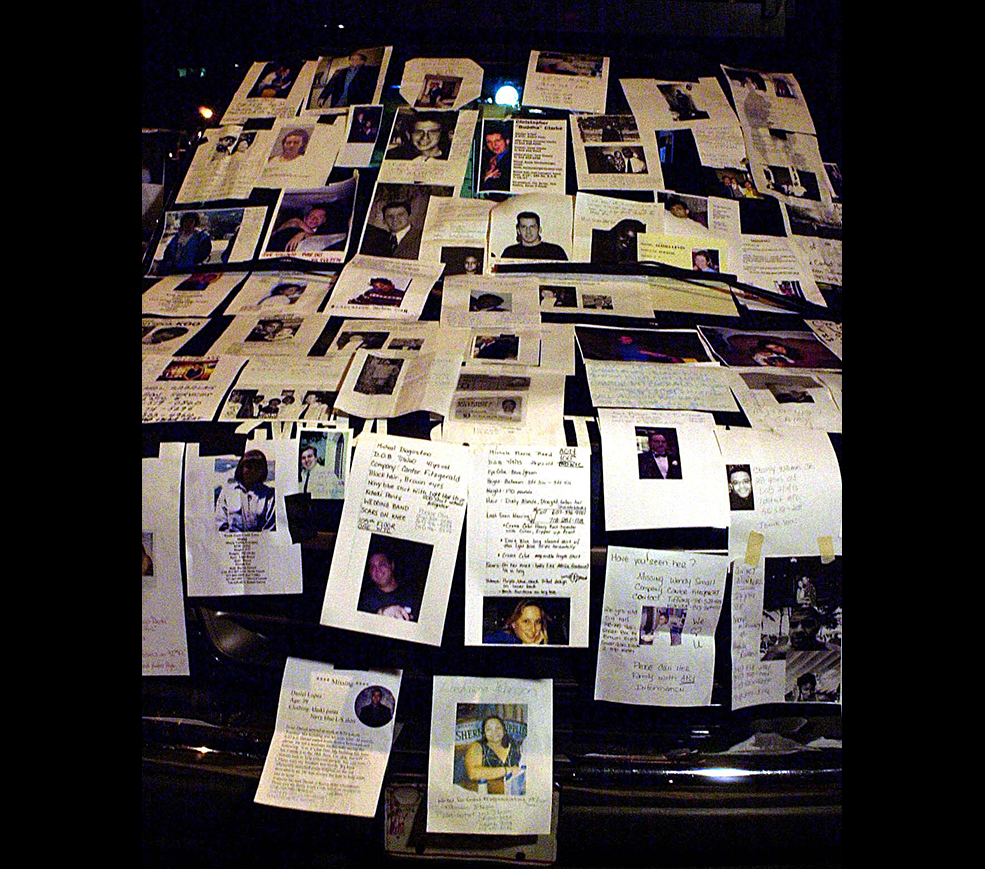
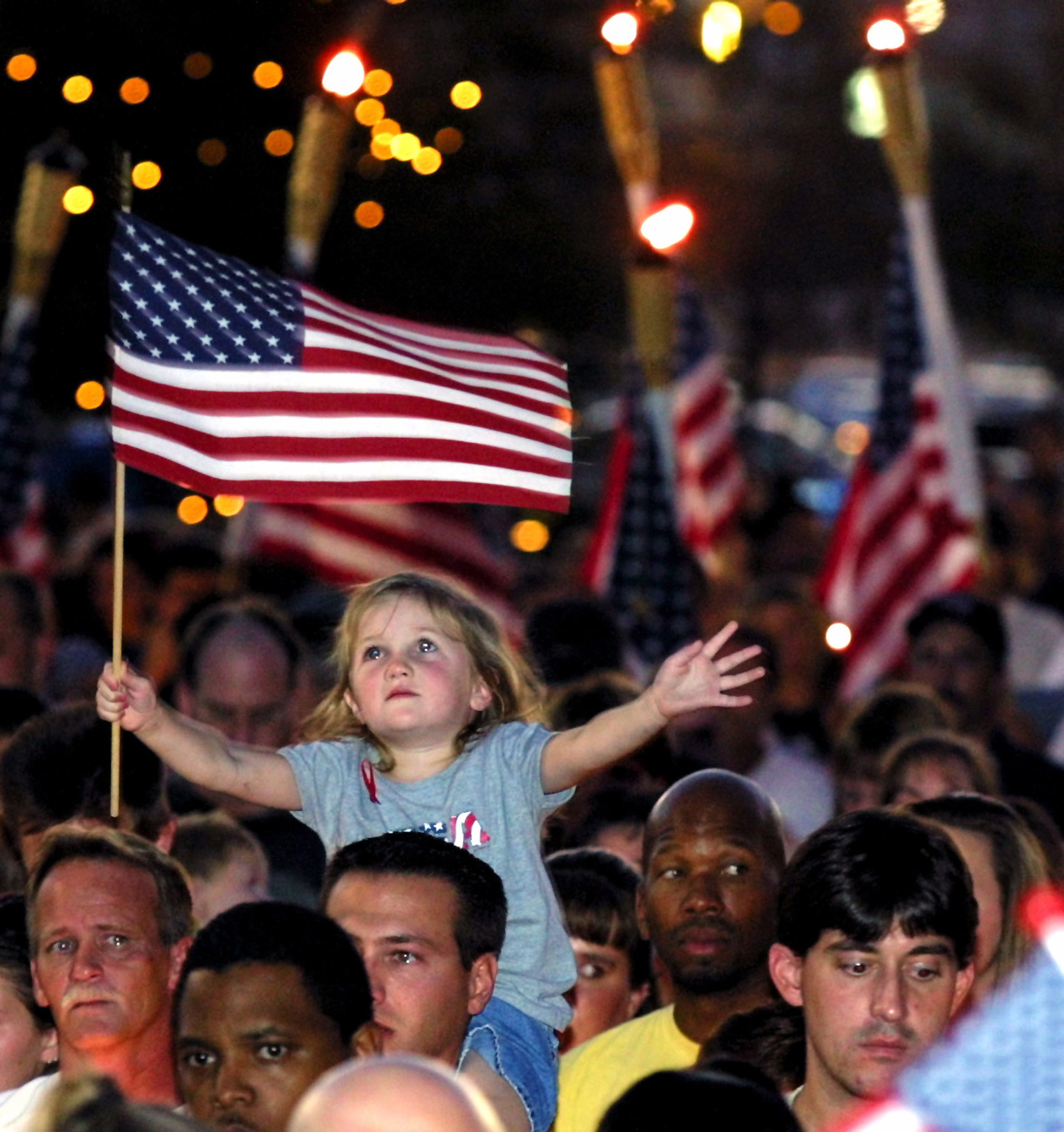
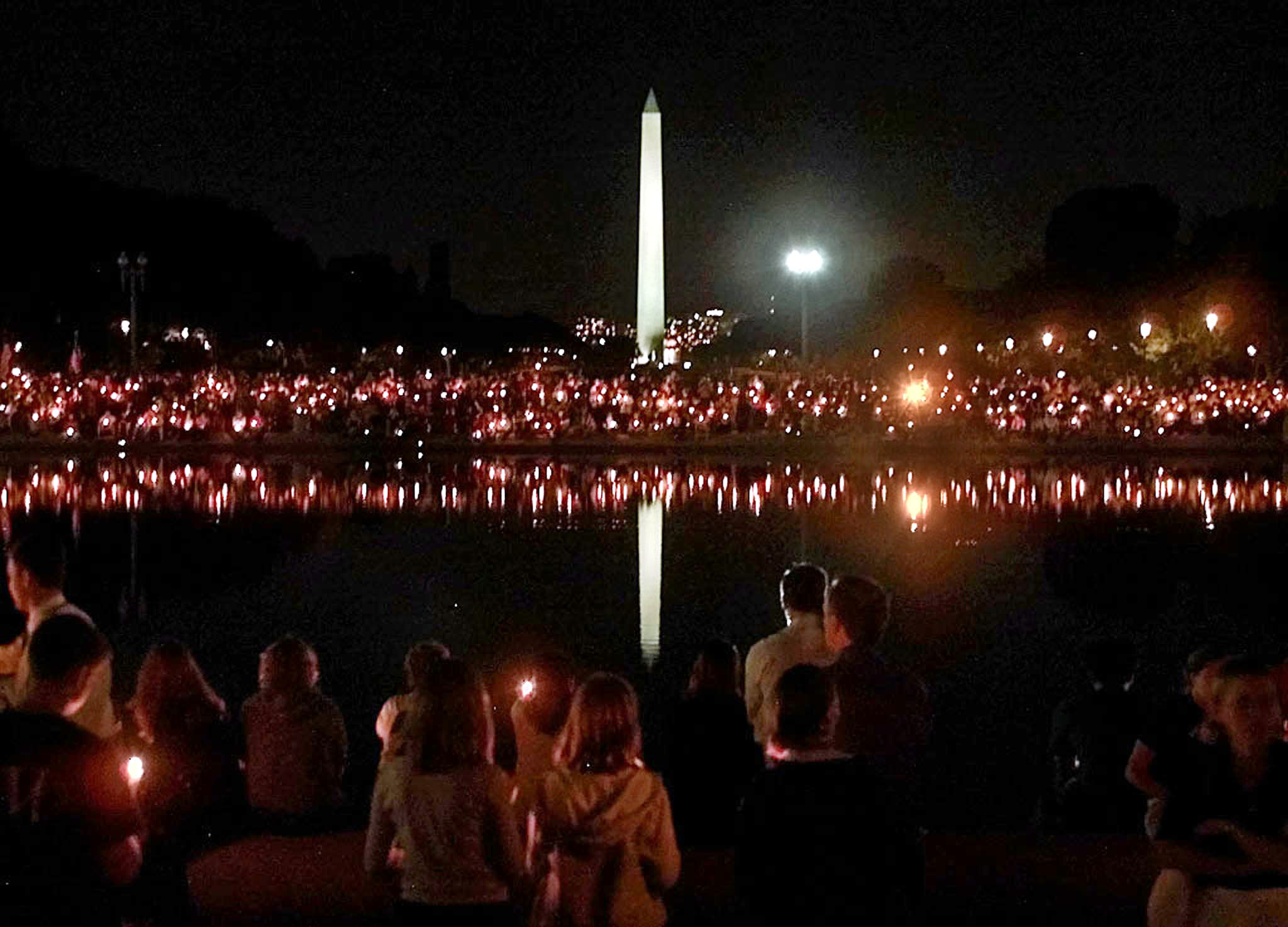
A free daily email with the biggest news stories of the day – and the best features from TheWeek.com
Lauren Hansen produces The Week’s podcasts and videos and edits the photo blog, Captured. She also manages the production of the magazine's iPad app. A graduate of Kenyon College and Northwestern University, she previously worked at the BBC and Frontline. She knows a thing or two about pretty pictures and cute puppies, both of which she tweets about @mylaurenhansen.
-
 Switzerland could vote to cap its population
Switzerland could vote to cap its populationUnder the Radar Swiss People’s Party proposes referendum on radical anti-immigration measure to limit residents to 10 million
-
 Political cartoons for February 15
Political cartoons for February 15Cartoons Sunday's political cartoons include political ventriloquism, Europe in the middle, and more
-
 The broken water companies failing England and Wales
The broken water companies failing England and WalesExplainer With rising bills, deteriorating river health and a lack of investment, regulators face an uphill battle to stabilise the industry
